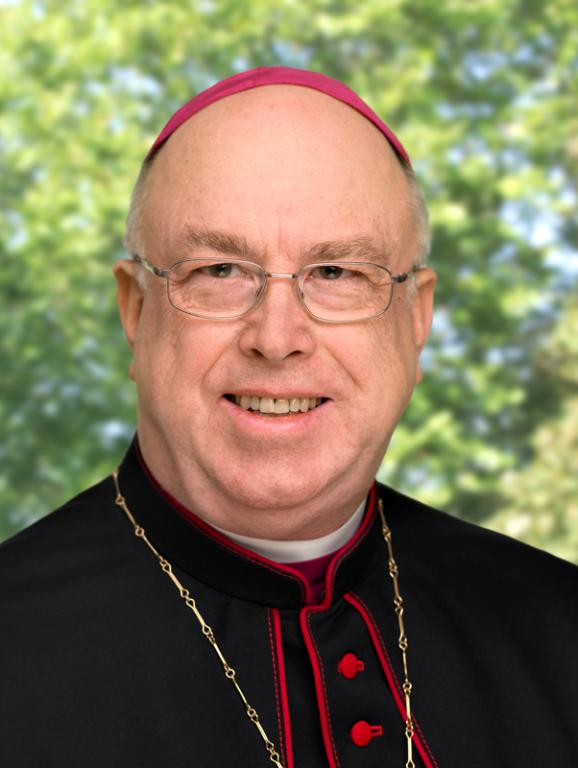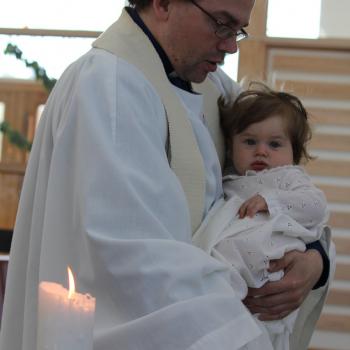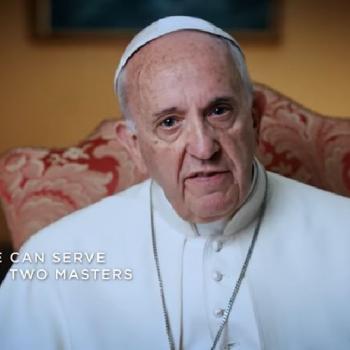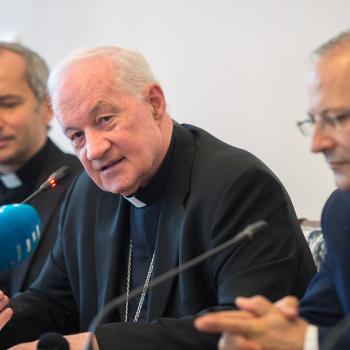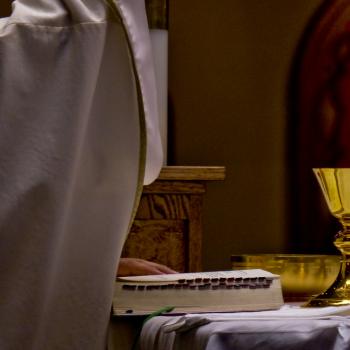
The Archbishop of Paderborn has become the first of the German bishops to put into practice the new “orientation aid” published by the episcopate last week that enables Protestants, in some cases, to receive the Catholic Eucharist. According to the Westfalen-Blatt, Archbishop Hans-Josef Becker has declared that although the new archdiocesan policy should not be understood as a “general admission to the reception of Communion” by Protestants, a process of pastoral accompaniment of non-Catholics in interconfessional marriages may open the door to them receiving the Body and Blood of Christ “in individual cases”.
“At the meeting of the Council of Presbyters of the Archbishopric of Paderborn on June 27, 2018, I presented my position and formulated the expectation that all pastoral counselors in the Archbishopric familiarize themselves with the guidance and act accordingly, in a pastoral sense”, said Archbishop Becker, referring to the text published June 27 by the German bishops that aims to provide “spiritual assistance” for “inter-denominational married couples who have a grave spiritual need to receive the Eucharist”. “Interchurch couples and families are close to our hearts”, affirmed Becker, the shepherd of some 1.5 million faithful in over seven hundred parishes, adding that interconfessional marriages “unite denominations”.
The end to a tumultuous debate
Though Protestants have been receiving the Catholic Eucharist in an ad hoc way in Germany for decades, Becker’s decision to implement the practice formally is the first of its kind. The archbishop’s decision represents the culmination of a debate that has split the German Church at least since last February, when two-thirds of the bishops voted in favor of a proposal that would have legitimated the practice on a national level.
The debate in Germany over intercommunion – prompted by the protests to Rome of seven bishops opposed to the February proposal – led to interventions by both the Vatican’s doctrinal watchdog, Cardinal Luis Ladaria of the Congregation for the Doctrine of the Faith, and by Pope Francis himself.
In a letter to the German bishops dated May 25 Cardinal Ladaria explained that the Pope considered the February proposal “not ripe for publication”, and on June 22 Francis himself, in the plane on the way back to Rome from his trip to Geneva, added that his problem with the national intercommunion proposal was “not so much [with] the content” of the same, but with the fact that on being approved by a national episcopal conference the local proposal “immediately becomes universal”.
“[E]ach diocesan bishop can manage what Canon Law already permits”, said the Pope, referring to the provision in Canon 844 §4 that non-Catholic Christians may receive Communion if the “danger of death” or “some other grave necessity” urges it. A license, this, that the German bishops believe obliges them “to stride forward in this matter courageously”, as they put it in a statement accompanying the publication of their new “orientation aid”, and that much in the pursuit of “a more profound understanding and even greater unity among Christians”.
